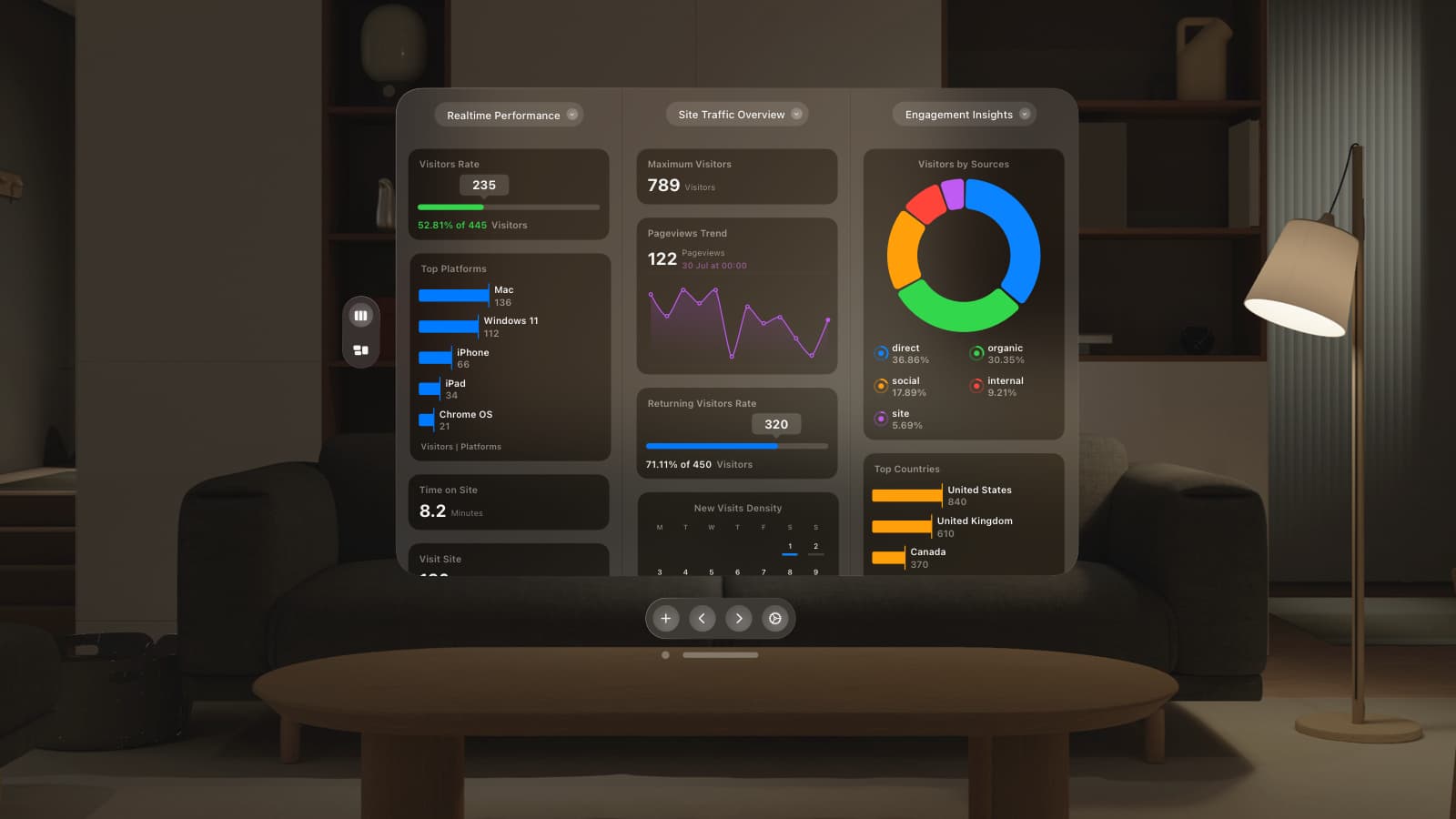
Due to the nature of the web apps we build, we’re constantly working with time-related logic, and have built up a small collection of functions to help ease the pain with these calculations. This particular function is useful for breaking down a unit of time, represented in seconds, into its constituent days:hours:minutes:seconds, the former two of which are omitted if not applicable.
/**
* Converts seconds into days:hours:minutes:seconds components
*
* @param int $time - number of seconds
* @return string
*/
function time_quanta($time){
$d = intval(($time / 86400));
$h = intval(($time / 3600) % 24);
$m = intval(($time / 60) % 60);
$s = intval($time % 60);
if(!max($d,$h,$m,$s)) return false;
$st = '';
if($d>0) $st .= ($d < 10?'0'.$d:$d).':';
if($h>0) $st .= ($h < 10?'0'.$h:$h).':';
$st .= ($m < 10?'0'.$m:$m).':';
$st .= ($s < 10?'0'.$s:$s);
return $st;
}
The function can be particularly handy when you'd like to present debugging timers, which are usually counted in seconds or milliseconds (using time() or microtime() etc), in a more humanly readable format, especially if the times involved are long.

